How Coach Danny Martoe's Clients
Are Getting Ahead
Learn the proven process that you can access throughout the course of your day.
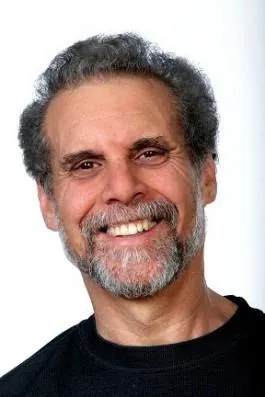
Daniel Goleman
Author, Emotional Intelligence
"Andrew Scheffer was both a monk in Burma and a graduate of The Wharton School. That combination means he both knows what he’s talking about and can put it in ways that anyone can understand. "
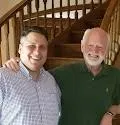
Marshall Goldsmith
Executive Coach
"One of the most important qualities of a great coach is mindfulness. To best help others, it is first key to know ourselves. Andrew's process can help you do it!
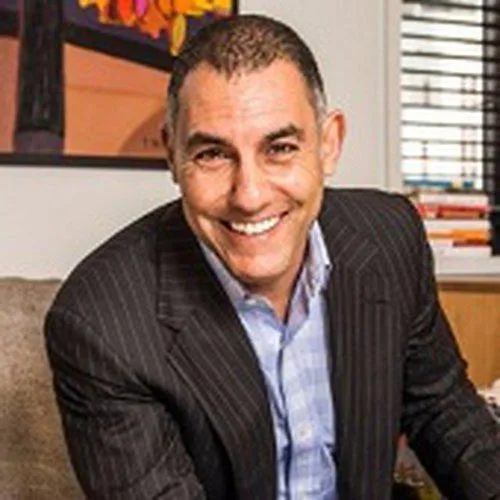
Andrew Blum
Chairman, Trium Group
“Andrew Scheffer's method is among the very best ways to produce the fundamental changes in your brain that lead to sustained higher performance. At least, that's my experience."
Learn the M.O.N.K. Method...
To Increase Calm and Joy
Reset an Overactive Nervous
System,
Organize Your Thoughts,
Optimize Your Performance and
Achieve Lasting Benefits including...
Unstoppable Self Confidence...
In As Little As 10 days....
Join the Exclusive Live Coaching Masterclass that Promises to Boost Anyone's Confidence In As Little as 10 Days... PLUS Get 3 FREE BONUSES That Show How Anyone Can Unlock Their Potential And Become Unstoppable no matter how busy they are!

Learn the M.O.N.K. Method...
To Increase Calm and Joy
Reset an Overactive Nervous
System,
Organize Your Thoughts,
Optimize Your Performance and
Achieve Lasting Benefits including...
Unstoppable Self Confidence...
Questions? Book A 1:1 Call With Andrew
Actual Client Testimonials

It doesn’t matter if you’ve spent years and thousands of dollars on therapy or self-help seminars, courses or books or if this is your first time delving in.
The Weekly Coaching reveals what most self-help courses don’t ....
How to unlock your natural strengths and stop getting in the way of your own success.
Imagine the freedom from living with a calm, clear mind and unstoppable, natural confidence.
Ready To Calm and Center Your Mind?
The Weekly Masterclass was created to help those that wanted to see rapid, powerful and lasting change in their lives. It is for:
Those who have tried guided meditations or other systems and want a proven process that can help them succeed
Those who have tried reading self-help books, scouring through courses, and maybe even attending seminars without the lasting results to show for it
Action-takers who want to learn how to launch themselves into the success they've always dreamed of
Those who are ready to change their lives by transforming their confidence and to no longer be held back by any limiting beliefs
Those who have grappled with self-doubt, what-if scenarios, and fears
Those who want to squeeze more out of life and know that doing “OK” is not enough
Those who are ready to change their lives and experience the freedom from being be held back by an overactive mind or nervous system and the associated limiting beliefs
Those Looking to Improve Relationships
Those who have a lot going on and want some calm and clarity
If you want to learn how to step into being the person you’ve always dreamed of being and become the author of your life and call your own shots, then this Masterclass can show you how.....in the next 10 days.
HERE IS THE OPPORTUNITY
Learn the M.O.N.K. Method
My name is Andrew Scheffer. For the past 20 years, I've helped thousands of men and women learn the 2 Minute M.O.N.K. Method.
That includes, confidence, mental clarity, calm, productivity, happiness, purpose and so much more.
I am a Financial Advisor who has an MBA from The Wharton School, but I was also a Buddhist Monk and trained in meditation for 30+ years.
And, a father to two daughters and a son.
But many years ago, I started this incredible journey that had a surprising start.
At the time, it was a journey that I didn't expect or plan for.
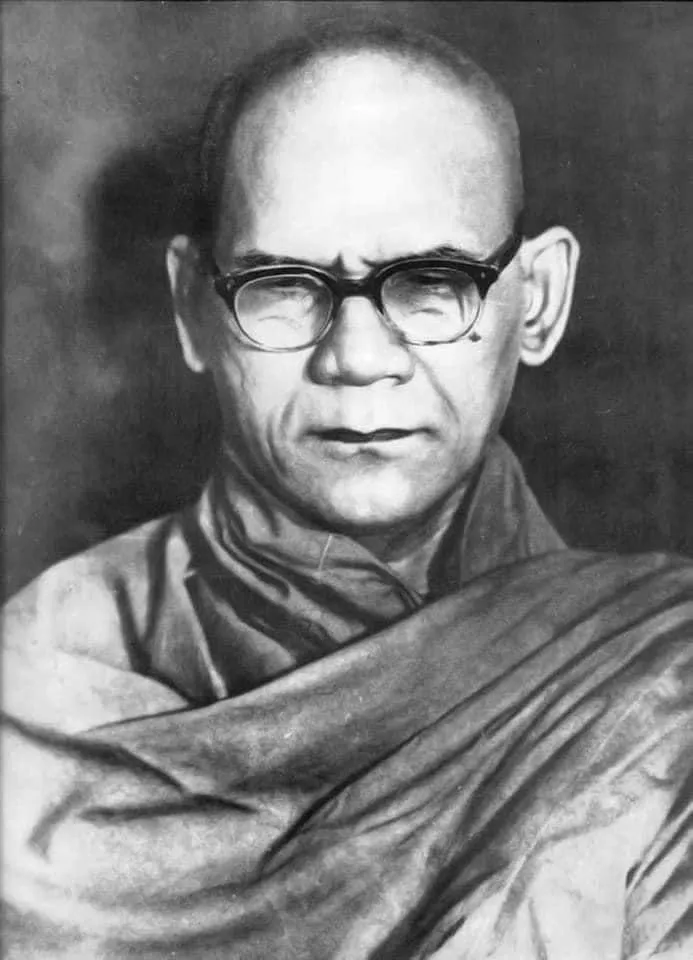
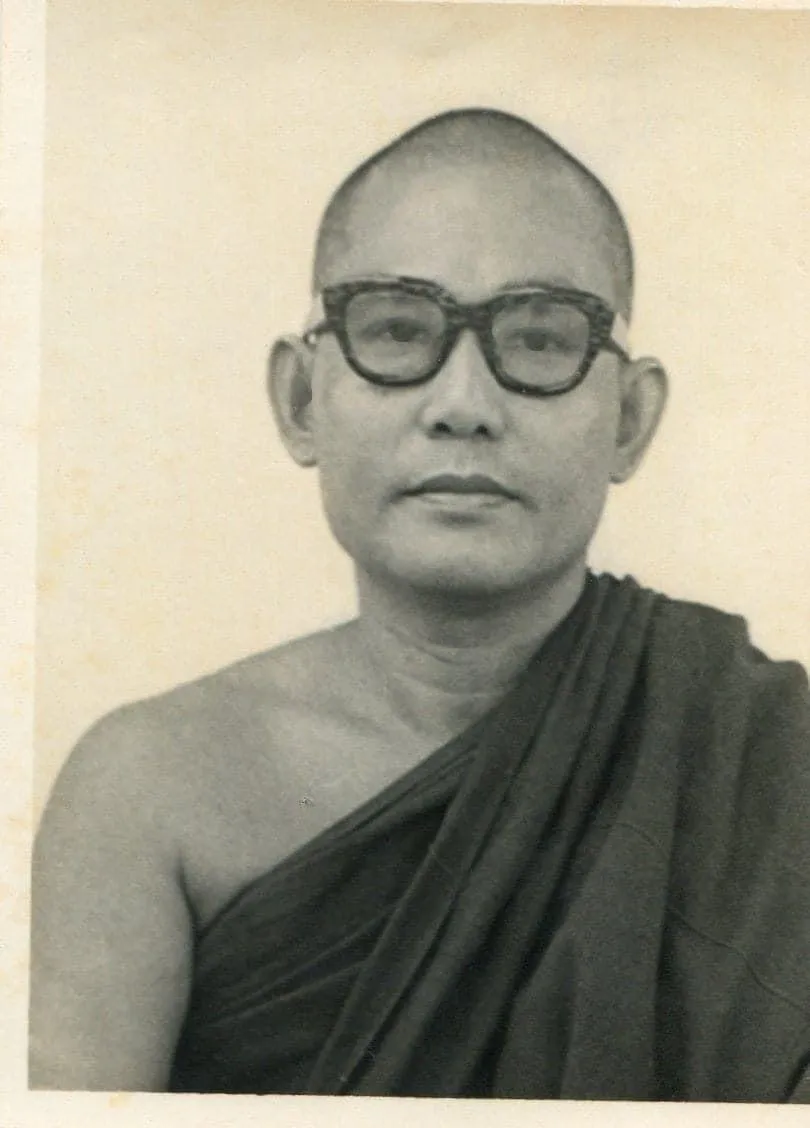
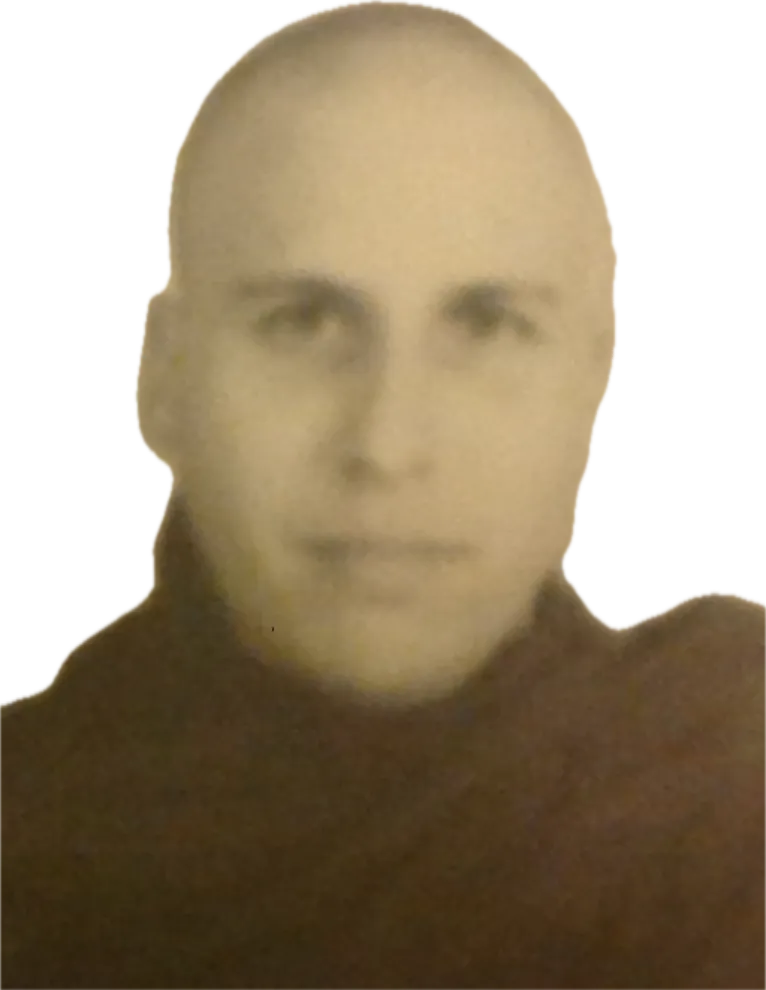
GOING TO THE SOURCE
So many people I grew up around were motivated by anxiety.
It was mostly fear the drove them to succeed.
Fear of failure.
Fear of what others would think.
Fear of not having enough money.
Fear of disappointing others.
When I realized that fear was my driver, I knew I would never be really happy.
I needed to find my purpose and my drivers and this would be the best source of sustainable happiness and motivation.
And, I also saw that the more fear I had, the more it started to affect my performance.
I would forget things that I knew hours before or things I needed to remember.
I would be come self - conscious and withdrawn.
I would feel like an imposter who was faking it, waiting for my success to come to a crashing halt.
And this further added to my stress, concern and anxiety.
And all of this stress was taking a toll on my health.
My mind was racing and I couldn't sleep.
I was on my phone constantly.
When I sat down to work, I had difficulty focusing.
For so much of my life I'd had had a basic level of calm, and this gave me the clarity to know my priorities and what to do next.
But, once I reached the tipping point, anxiety, self-doubt and worry took greater hold over my mind. I was psychologically spent, and a shell of the person I once was.
Or I would procrastinate, have angry outbursts with people I cared for and loved or just paralysis, procrastination and anxiety overload.
Those fears and anxiety sapped my energy and put my nervous system into a constant state of alert.
I knew I needed to change.
But three amazing things happened.
First, my brother had started to meditate and he gave me some books that made so much sense.
They taught me how to focus my attention and provided immediate action steps I could take to regain my focus.
This intuitively felt so right and needed to me.
Secondly, I remembered back to a time in my life when my mind was clear and calm, and I became determined to regain that lost clarity. that I had once had.
Thirdly I met a teacher, a monk, who embodied the role as someone who had "done the work himself" to an extraordinary degree and mastered his mind, but he was also the leader of a global organisation- a commander, who earned the respect or others, and someone who I viewed as a role model.
He hadn't dropped out, he was fully engaged and showing me how to be engaged and keep a calm and centered mind.
And most importantly- He Showed Me The Methods To Taking Back Control of My Own Life and Supported Me Until I was Able to Prioritize My Own Needs and Mind First.
He showed me the time tested practices that have been passed down but which most people are "too busy" for and just don't take the time to learn or develop.
The techniques and mindset shifts that could be used anywhere to increase my mental stamina and resistance.
The way to increase my ability to remain in control without trying to control everything, and how to retake control of my mind when it was getting lost in the chaos.
On demand.
No matter WHAT was happening in the external world.
I developed a deep inner peace, that I knew I had the power to regain, even if I lost it due to circumstances or self-neglect.
I was experiencing the benefits of a CALM and CLEAR mind.
It could be focused like a spotlight.
Or relaxed and expansive like a lantern.
When I Applied These Methods to My Daily American Life, a Few Crazy Things Happened
1. for the first time in years, my mind was calm and clear and filled with thoughts that helped instead of thoughts that harmed me.
2. I gained control of my world, instead of being pushed around by it.
3. I began living presently, in the moment. And gained all of the clarity, confidence and happiness that came with that ability.
4. My productivity SKYROCKETED. No longer was my mental energy being wasted on negative thoughts. My mind was working FOR me, not against me.
5. The noise STOPPED and the success started.
6. I was calm and confident knowing deeply that no matter what, I would be OK.
7. I was rapidly moving toward the success I had always pictured for myself.
8. My mind was leading me to the answers, rather than getting in the way.
And, it didn't take months, weeks or days for these changes to show up. I noticed a differencing within minutes of applying these techniques.
Calm, clear, alert and relaxed became my default state.
And, whatever you're dealing with
You can achieve the same.
So Now You Are Probably Wondering
How is It That You Increase Your Calm, Confidence and Feel More Relaxed Within Hours!?!
Simple.
We know when we are on the right path. We are naturally primed for success.
We have natural clarity, happiness, joy and mental strength within easy reach.
So the key to achieving these incredible changes in such a short amount of time is recognizing the obstacles that block it.
There is not something you'll find in self-help books.
But it is something you can learn to do in the 7-Day M.O.N.K. Method Masterclass.
HERE'S YOUR Chance to Discover the Groundbreaking, Fast Track Method To Unlocking Real Confidence and Becoming Unstoppable.
The 7-Day Introductory Masterclass
How to be in a Healthy Relationship With Yourself.
How To Let Go of Limiting Beliefs.
How to Stop Overthinking and the inner critic
How to Transform Your Self-Image to Lead With Your Strengths.
How to Generate Positive Self Talk That Comes Naturally From Real Confidence and Success
This is the first time I'm revealing this kind of information to the public.
I am giving away every trick, strategy and mental shift the monks and my mentors shared with me to regain control of my mind and completely rejuvenated my focus, mindset and energy.
These teachings transformed me in hours and sent me on the path of self-mastery. And they saved me a TON of wrong turns, headaches, wasted money, and stress.
I'm sure they can do the same for you!
Because I 've seem them work for TENS OF THOUSANDS of other people.
Some who were in deep pain and going through serious challenges.
Others who were going through the heart-wrench of divorces and breakups, job changes or health challenges.
And some who were high-achieving, but still frustrated that weren't living the lives they envisioned for themselves.
The point is
This has worked for people from all walks of life in all kinds of situations.
Are you ready to see the amazing things the 7-Day M.O.N.K Method Masterclass can do for YOU?
Here's Your Schedule for The Next 7 Days: To kick things off, you’ll uncover why these practices, and the M.O.N.K. Method is a lot easier than most people think.
The truth is
It doesn’t take months of “inner work”. And it’s not difficult.
It's a proven process.
Even better
It’s an easily repeatable process that will help you release the handbrake on your life and help you power towards the success that’s not only possible for you, but probable once you get your mindset right.
And I'll show you how.
FAQs
How is this different from apps, guided meditations, etc?
Is This Like Therapy or Life Coaching?
I have a lot going on (job change, divorce, etc) is this the right time to learn?
Ideally, these skills are taught to us early in life. But since most of us don't have that opportunity, it is best we get started today. We can always find a reason or excuse that we are too busy or have too much going on, or that some future time will be better. I have seen that those that have success, stop making excuses and get started today.
How much time does this take?
Ideally, these skills are taught to us early in life.
But since most of us don't have that opportunity, it is best we get started today.
We can always find a reason or excuse that we are too busy or have too much going on, or that some future time will be better.
I have seen that those that have success, stop making excuses and get started today.
I am not sure meditation works for my mind.
Many people have tried apps, meditation and many other approaches to calming their mind, and they are afraid that it just doesn't work for their mind.
You are not alone in thinking that. The reality is using guided meditations, apps and even many "meditation teachers" don't teach you proven methods that work.
The method I teach is what monks are actually taught when they are learning meditation and it has worked for hundreds of thousands of people.
Give this method a try and you will see for yourself the difference.
What if I am Jewish, Christian, Muslim, Atheist or non religous?
You don't need to adopt any new beliefs or pronounce your allegiance to any religion or school of thought. These are proven techniques that have been verified by neuroscience to activate the positive areas of your brain and deactivate the amygdala and other centers of the brain the cause worry, fear and regret.
MINDFULNESS MEDITATION AND BANKING — AN OXYMORON?
On Work and Life Stew Friedman spoke with Andrew Scheffer, Wharton MBA, and founder of Mindfulness Meditation Training. <br><br>Andrew has worked at Goldman Sachs, Morgan Stanley, and UBS and has extensive experience in private banking, financial services, and sales and combines his passion for meditation with his livelihood and all aspects of his life.
The following are edited excerpts of their conversation.
Stew Friedman: How did you first come to mindfulness?
Andrew Scheffer: andrew schefferThere was both a conscious and unconscious evolution. I went to college at Johns Hopkins, and it was very stressful. After my freshman year, I felt that some of the calm that I’d entered college with had dissipated. At the time, my brother lent me some books on meditation. When I tried to do it, I found it quite alarming! Because even in the quarter of a second that I was asked to focus on my breath, I recognized that my mind wandered. It was the same sense of alarm you’d get when riding a car with a driver who takes their eyes of the road to talk to you. If I couldn’t pay attention under perfect conditions, what would happen when I was under stress?
SF: Define mindfulness for us. Is it different from meditation?
AS: Meditation is a horrible English translation of an ancient Pali or Sanskrit word, bhavana, which means to develop or to bring about. Meditation is about cultivating space of mind. Mindfulness is bringing about quality of mind. Meditation is often defined as thinking or reflecting, which is very different from a skill where you’re cultivating a specific quality of mind. Mindfulness can also be described as bringing one’s attention face to face with the object being observed.
SF: Is mindfulness an effective way of managing stress or reducing strain?
AS: It’s remarkably transformative. The better parts of me have become more polished and more dominant, and the parts of me that cause me unhappiness don’t dominate me. I’m now able to recognize harmful tendencies. Meditation helps with seeing those parts and dealing with them. When we’re paying attention, we start with the breath, then thoughts, and feelings. As your attention focuses on those thoughts and feelings, they start to lose their hold over you.
SF: I hear a lot from people in banking, and other sectors, about feeling that they’re stretched too thin. What’s your diagnosis of the culture of modern finance, and how can mindfulness training enhance it?
AS: One of the most important qualities of the private banker or wealth manager is the ability to listen to clients and assess their needs appropriately, to attend well to what people are really saying to you. The average person listens for 47 seconds before eagerly formulating their response. We can help them to break that habit and really pay attention to what the client is really saying before letting their minds race to solutions.
If you look at net neutrality, certain investment banks wanted to gain a speed advantage to gather information worth millions of dollars. Meditation can give you that ability. Scientists used to believe that all humans perceive information at a set rate. Through studies, they discovered that meditators perceive sights and sounds faster than others.
Caller 1: I’m a law student with a deadline on Monday, and I’m trying to pull an all-nighter to make it. It’s very stressful. Is there anything besides meditation that you’d suggest to relieve stress? What are your surroundings like when you’re trying to get into a mindful state?
AS: There are many things you can do to get into a more mindful state. One is to get enough sleep. Sleep deprivation leads to performance at a lower IQ, or as if we’re inebriated. Other simple things like taking a moment to let go of tension, going for walks, making sure you’re hydrated are basic tools to deal with stress.
SF: What are some of the obstacles when trying to be mindful, and how can we overcome them?
AS: In the beginning people have a lot of preconceptions about what meditation should be and feel like. And they get frustrated when they can’t achieve those goals immediately. Sleepiness is also a problem! If you sit down and close your eyes when you’re not well rested, you fall asleep as soon as you start to relax a little bit. It’s also just hard to make the time, especially when we don’t have the most supportive conditions in our lives yet, so it’s easier to choose a more familiar activity.
Caller 2: I use visualization a lot to achieve my goals. Is there a link between that and meditation?
AS: The world of meditation can be divided into two: tranquility and insight meditation. Tranquility meditation is a conceptual practice where you take time out for visualization and repetitive chants to calm your mind in a unique and special way. Insight meditation, or mindfulness meditation, is about a moment-to-moment awareness, in tune with your surroundings, and you can use it anywhere and anytime. Visualization falls under tranquility meditation, and it’s useful in its place. Insight meditation has a profound and more immediate impact.
SF: What advice do you have for someone who’s burned out at work?
AS: The first step is to take care of yourself and come back to a neutral place before you start trying mindfulness meditation. If you take the same burnt out and stressed approach to mindfulness, it won’t work. When you create the habit of mindfulness, you can apply it to basic activities in your day. I’ve trained extensively at meditation centers, but you can do it anywhere—sitting, walking, standing. It’s the same activity whether you’re sitting in a limo or a monastery. You can learn to be mindful, bring your attention back to your body, and reset your mind at your cubicle or walking down the hall to the coffee machine. To recover, you need to learn to reset your mind and be mindful.